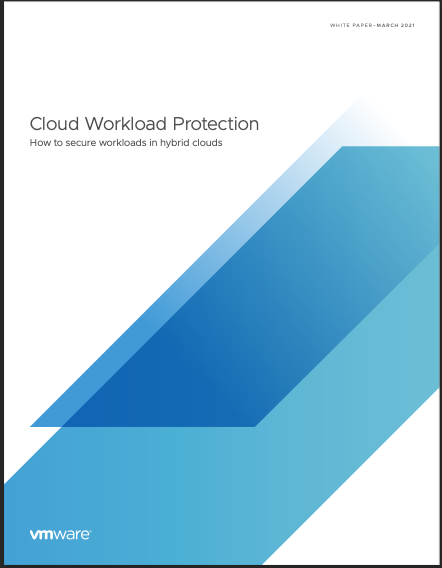How to Secure Workloads in Hybrid Clouds

The hybrid cloud is at the centerpiece of digital transformation but often presents challenges like increased complexity and risk.
Compounding the challenges are the many distinct enterprise teams who are all key stakeholders in the performance, availability and security of cloud workloads. Furthermore, these teams are often siloed and not aligned in the common goal of securing hybrid clouds.
Fortunately, this white paper empowers you with strategic and tactical insights including:
• Overcoming challenges enterprise face in securing cloud workloads
• Redefining risks in three key steps
• Evaluation considerations with cloud workload protection checklist
• How the VMware intrinsic security approach featuring VMware Carbon Black Cloud, vSphere and NSX is uniquely positioned to protect workloads in hybrid cloud
This white paper also includes discussion of how the cloud forces a new way to think about risk – one that can bring cross-team stakeholders together rather than remain across the digital divide.


